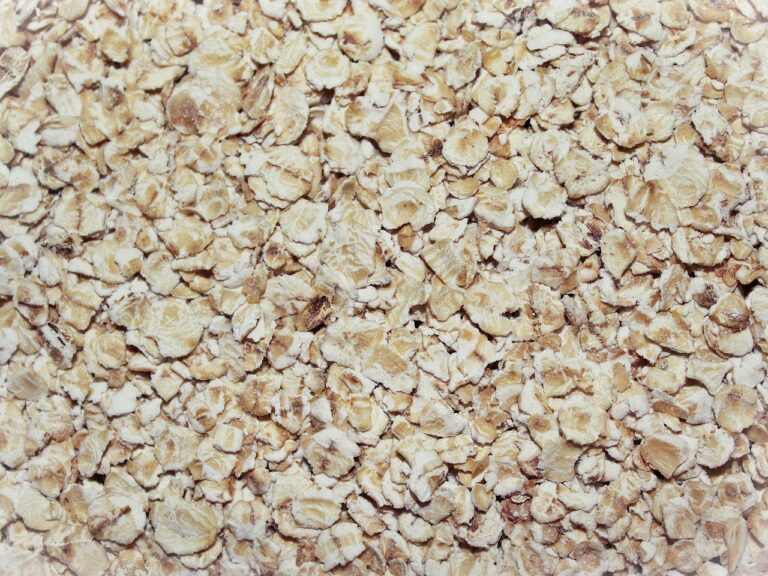The Impact of Plant-Based Diets on the Environment
Plant-based diets have been gaining popularity in recent years due to their numerous health benefits. But did you know that adopting a plant-based diet can also have a positive impact on the environment? In this article, we will explore the environmental benefits of plant-based diets and how they can help mitigate the effects of climate change.
Reduced Greenhouse Gas Emissions
One of the key ways in which plant-based diets benefit the environment is by reducing greenhouse gas emissions. The livestock industry is a major contributor to greenhouse gas emissions, with livestock accounting for a significant portion of global emissions. By choosing plant-based foods over animal products, individuals can significantly reduce their carbon footprint and help combat climate change.
Conservation of Water Resources
Animal agriculture is a water-intensive industry, requiring vast amounts of water for feeding livestock and processing meat. By transitioning to a plant-based diet, individuals can help conserve water resources and reduce water pollution. Plant-based foods generally require less water to produce compared to animal products, making them a more sustainable choice for the environment.
Preservation of Biodiversity
The expansion of animal agriculture has led to deforestation and habitat destruction, resulting in the loss of biodiversity. By shifting towards plant-based diets, individuals can help preserve natural habitats and protect endangered species. Plant-based agriculture is generally less resource-intensive and has a lower impact on wildlife compared to animal agriculture.
Reduction of Land Degradation
Animal agriculture is a leading cause of land degradation, with grazing lands and feed crops contributing to soil erosion and desertification. Plant-based diets require less land to produce food, allowing for the restoration of degraded lands and the promotion of sustainable land management practices. By choosing plant-based foods, individuals can help reverse the negative impacts of land degradation and promote ecosystem health.
FAQs
Q: Are plant-based diets nutritionally sufficient?
A: Yes, plant-based diets can provide all the necessary nutrients for optimal health, including protein, iron, calcium, and vitamins. With proper planning and variety in food choices, individuals can meet their nutritional needs on a plant-based diet.
Q: Can plant-based diets help combat climate change?
A: Yes, plant-based diets have a lower carbon footprint compared to diets rich in animal products. By reducing greenhouse gas emissions and conserving resources, plant-based diets can play a significant role in mitigating the effects of climate change.
Q: How can I transition to a plant-based diet?
A: To transition to a plant-based diet, start by incorporating more fruits, vegetables, whole grains, legumes, nuts, and seeds into your meals. Experiment with plant-based recipes and explore alternative protein sources such as tofu, tempeh, and lentils.







